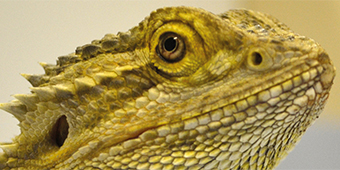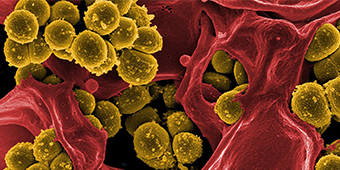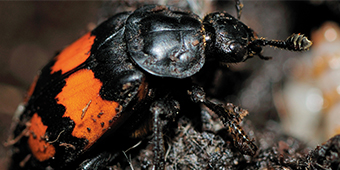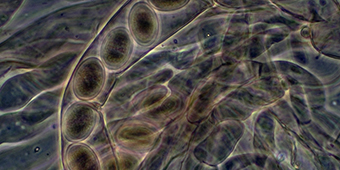School of Life Sciences Research

Our Research Groups

Animal Behaviour, Cognition, and Welfare
Exploring the causes, functions and evolution of animal behaviour, and the impact this has on welfare.

Cancer and Ageing
Increasing understanding of disease characteristically associated with ageing at the molecular level, to improve prevention, diagnosis, and treatment.

Diabetes, Metabolism and Inflammation (DMI)
Generating innovative research in the area of diabetes and related cardio metabolic and associated inflammatory disorders.

Evolution and Ecology
Exploring the evolution and ecology of populations, species and communities across all levels of biological organisation, from genes through to ecosystems.

Microbiology and Biotechnology
Answering fundamental questions relating to the characterisation, evaluation and testing of microorganisms and viruses.